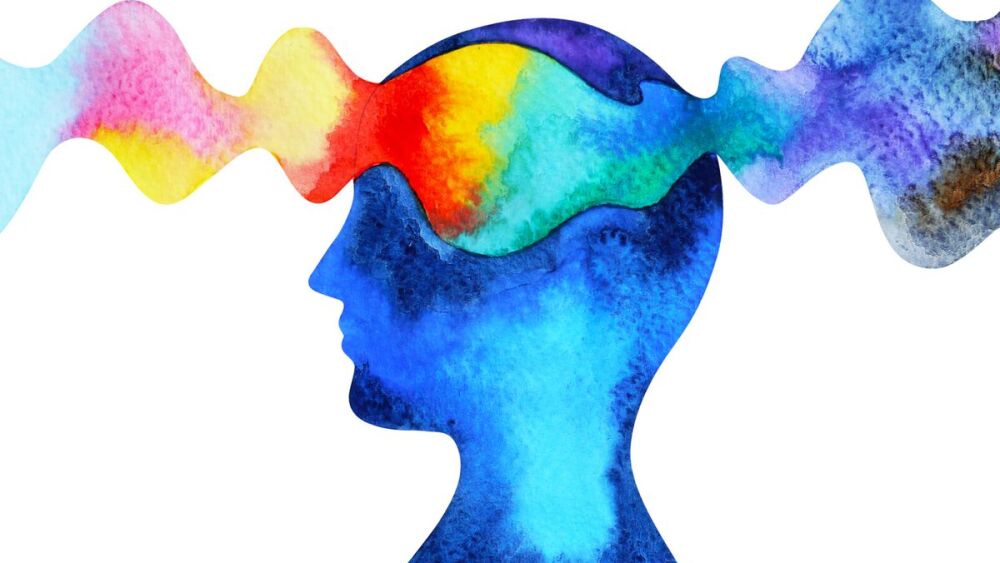With the thousands of first responders who have been called on to help with the natural and man-made disasters, it’s more important than ever to pay attention, not just to the response efforts, but to the responders themselves.
Disaster response – whether it’s a hurricane, an active shooter incident or a terrorist attack – is particularly challenging because it has so many layers. In Houston, for example, many of the first responders were not only facing the trauma in their communities, but also were managing the risks and losses their families, friends and neighbors were facing.
It is not uncommon for responders to have negative behavioral health responses in the wake of a disaster, including feelings of burnout and compassion fatigue in the form of secondary traumatic stress. In particular, responders are vulnerable to feelings of anger, sorrow and guilt.
Symptoms of burnout include feelings of frustration, failure, disconnection from others and using alcohol or other substances to manage. Responders may also experience symptoms of a phenomenon termed “secondary traumatic stress,” or compassion fatigue. This is when helpers take on the stress of the people they are trying to help. Always being the person there to “save the day” can take its toll on a firefighter, particularly in the shadow of a major event.
There also tend to be higher rates of post-traumatic stress symptoms and depression in the weeks and months after a disaster. Reactions can even come years after an event as people start to process what they experienced.
What first responders and first responder organizations need to remember is that emotional reactions are not a bad thing – they are a normal part of life. It also doesn’t mean that the person will have issues down the road. Sometimes the feelings and experiences can be managed and resolved.
Overcoming emotional trauma
Social support and self-care are some of the most important factors for overcoming the experiences. Firefighter networks and crews can help provide assistance and support affected members need to adapt and overcome. Other protective factors against negative outcomes found in the literature are humor and empathic listening with peers and supervisors.
In fact, experiencing extreme trauma can lead to post-traumatic growth (PTG) in some individuals. PTG occurs when a person experiences a trauma or crisis and uses the experience to springboard them to a better and more fulfilled place. Positive outcomes include seeing new opportunities in life, an increased appreciation for one’s own strength and coping abilities, improved relationships, deeper spirituality or a greater appreciation for life in general.
In a study by Dr. Deanne Armstrong published in the Australian Journal of Psychology, researchers found that the best predictor of PTG among first responders was an individual’s self-care practices.
Still, there are times when people do have lasting negative effects and symptoms they have to manage. When there are long term symptoms that go beyond what can be managed through social support, and they are interfering in day to day functioning, it is important to look for professional support. Finding a therapist, clergy or physician who can help is a good place to start. Another resource for firefighters is the Firestrong.org website which has department specific resources for those departments that have set up profiles.
What is most important is being aware of one’s emotions and staying connected to a dedicated support system.
Watch Dr. Jahnke on the Better Every Shift podcast
This article, originally published in 2018, has been updated.













